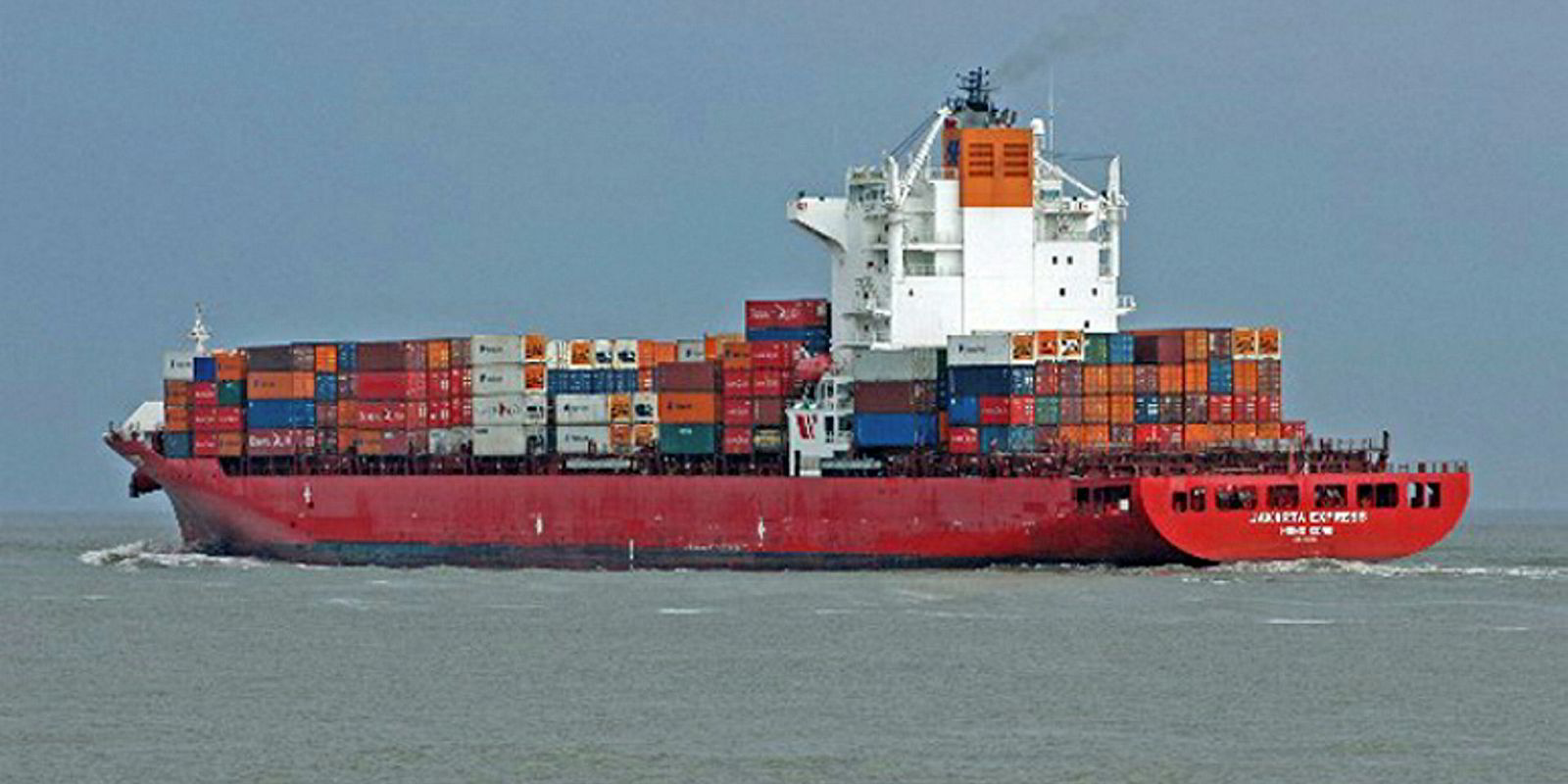New York-listed Seaspan plans to stay in its containership wheelhouse following its multimillion-dollar investment in privately held OSV owner Swiber Holdings.
"This I'd view as a one-off opportunity," Matt Borys, Seaspan head of investor relations, told TradeWinds.
"We're not going to get into offshore construction."
Borys said Seaspan will continue its focus on the boxship sector while Swiber will remain an OSV owner.
Earlier today, the Bing Chen-led company said it will invest up to $200m in restructured Swiber in two tranches -- $20m for 80% interest in the company and $180m in a $1bn LNG power project in Vietnam should the project move to final investment decision (FID).
"This will give us a return that we are comfortable with," he said.
Borys said the investment holds market downside protection through Swiber's asset values, which will only grow if the offshore sector improves.
Swiber's website says its fleet consists of 38 offshore vessels and 13 construction ships but the company actually owns only five OSVs as a result of the restructuring.
"Typically, we look at containerships and close to containerships, but we're certainly open to one-off transactions that make sense to us," Borys said.
"OSV, though, is not our bread and butter."
He said Seaspan, which has 112 boxships, has eyed Swiber for a few months after a member of its management team pointed out Swiber's distressed position and connected the two companies.
"This was an off-market transaction with no competitors," Borys said, adding the deal was not arrived through an auction process.
Seaspan will collect a management fee of 3% based on Swiber's expected market capitalisation of $24m when the OSV owner goes public, pending close of the deal.
'New sheriff in town'
Stifel analyst Ben Nolan said Seaspan's interest in Swiber is a "clear departure" from its boxship business but still calls it a "tiny" stake for a company with $7.5bn in assets.
Seaspan's stock has not moved much following the deal's announcement, inching up $0.02 to $8.24 toward Wall Street's closing bell.
"While the deal does not change the number in the long-term, it does signal that these types of deals are going to happen and that not all incremental capital will be in the containership leasing business," he wrote in a note to clients.
He said the LNG project in Vietnam has a safety in that Seaspan will not have to invest any capital in it should the endeavor never get off the ground.
Nolan says talk of Seaspan spreading its wings beyond the boxship market originated when its new management arrived last year.
“Although this does change the investment case for the business a couple years from now,” Nolan said.
“Right now, the container business will be 99%+ of the value of the company, but one could envision a company where that starts to become less and less Important.”
This story was amended to include further comments from Borys.






